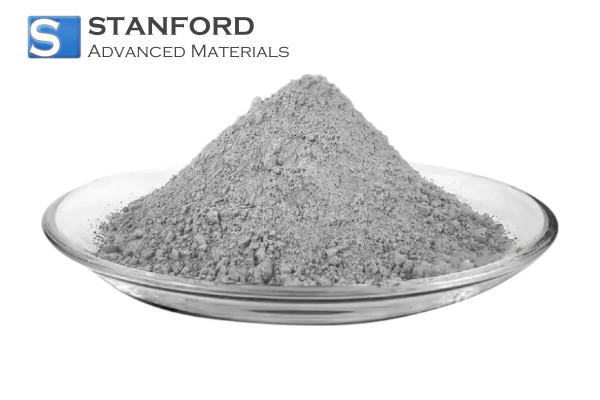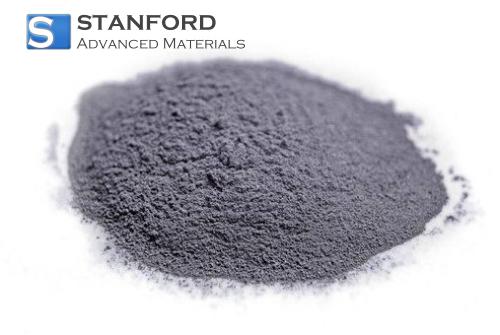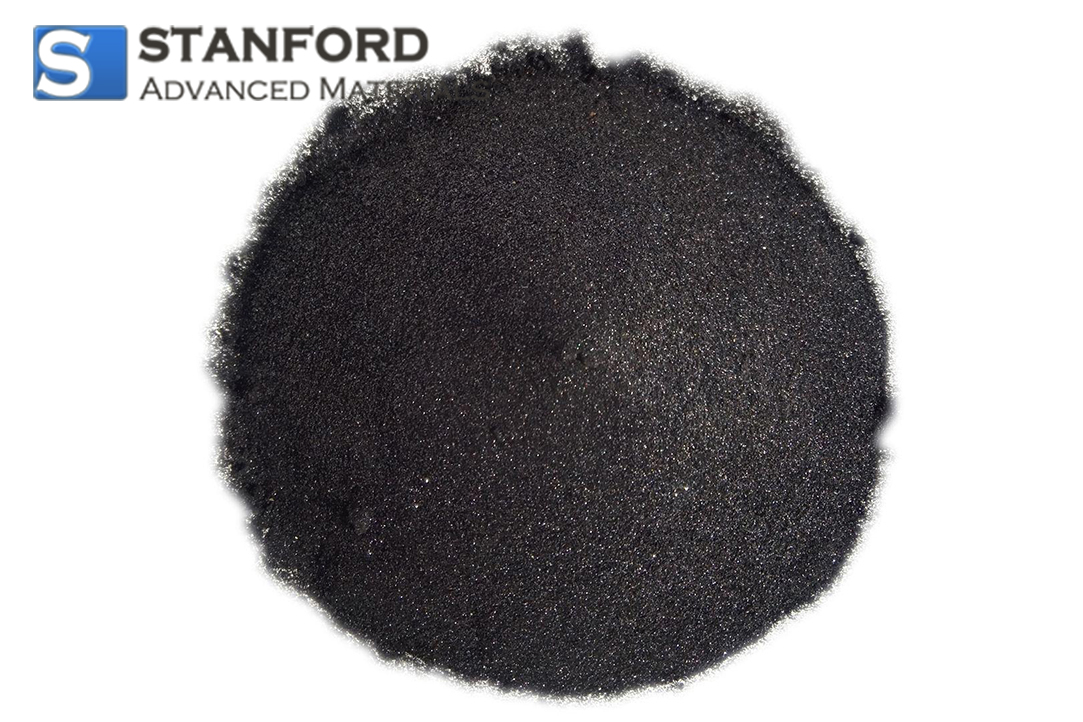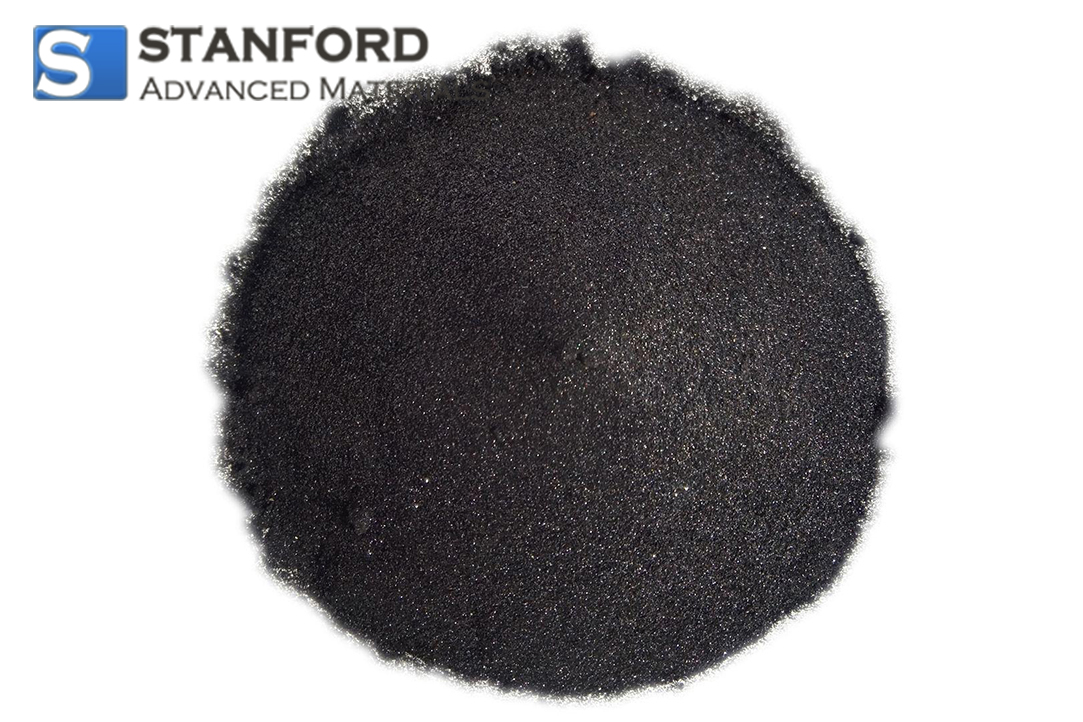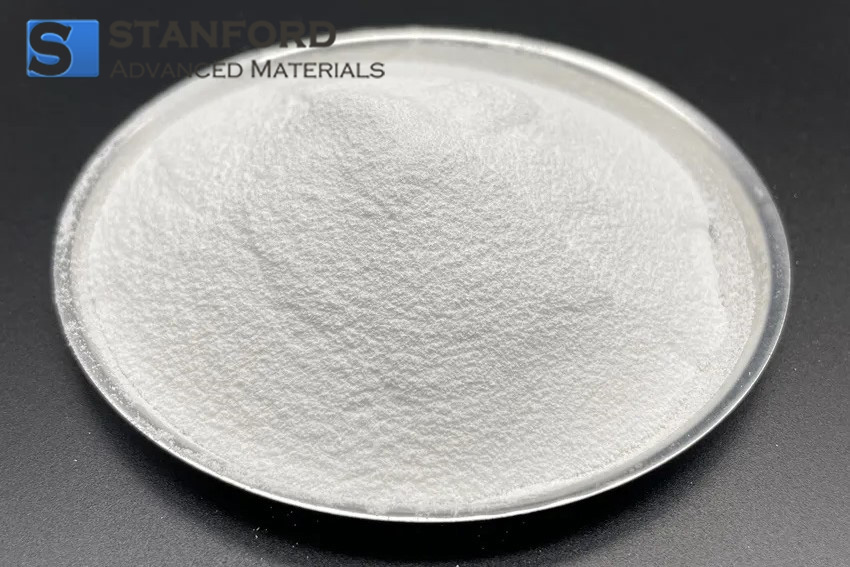Su-8 Mold & PDMS Chip Description
SU-8 is a high-performance negative photoresist renowned for
its superior mechanical, dielectric, and chemical resistance, as well as its
excellent thermal stability and biocompatibility. Widely used in the
microfluidic industry, SU-8 is essential for fabricating molds for PDMS-based
microfluidic chips through photolithography.
Advantages of SU-8 molds in
microfluidic fabrication:
1. High Resolution and Precision: SU-8 is known for its
high-resolution capabilities, enabling the creation of intricate and precise
microchannel designs. This makes it ideal for fabricating complex microfluidic
structures with fine details down to the micron scale.
2. Durability and Toughness: SU-8 molds are exceptionally
durable, maintaining their integrity through multiple cycles of use, cleaning,
and handling. This makes them well-suited for repeated PDMS casting, providing
long-lasting mold stability.
3. Versatile Geometries and Aspect Ratios: SU-8 enables the
fabrication of microstructures with fine line widths as narrow as 2 micrometers
and aspect ratios ranging from 1:1 to 2:1. Advanced multilayer photolithography
techniques allow the creation of microchannel structures with varying heights,
offering flexibility in designing complex microfluidic systems.
Su-8 Mold & PDMS Chip Applications
·
Microfluidic Devices: Used in the creation of
microfluidic chips for precise fluid control in lab-on-a-chip devices.
·
Biomedical Research: Ideal for creating
microchannels for cell culture, DNA analysis, and diagnostic testing.
·
Point-of-Care Diagnostics: Facilitates the
development of portable, low-cost diagnostic devices for rapid medical testing.
·
Chemical Sensing: Used in chemical detection
and analysis, where fluid manipulation on a small scale is essential.
·
Organ-on-a-chip Systems: Employed in the
development of systems that mimic biological tissues for drug testing and
disease modeling.
Su-8 Mold & PDMS Chip Packaging
Our products are packaged in customized cartons of various
sizes based on the material dimensions. Small items are securely packed in PP
boxes, while larger items are placed in custom wooden crates. We ensure strict
adherence to packaging customization and the use of appropriate cushioning
materials to provide optimal protection during transportation.
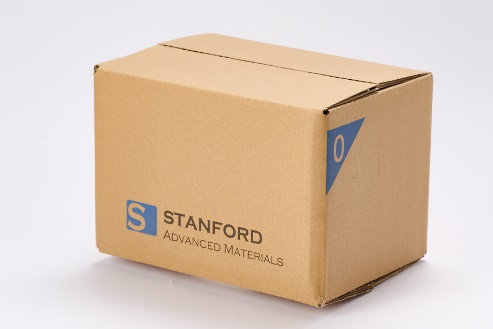
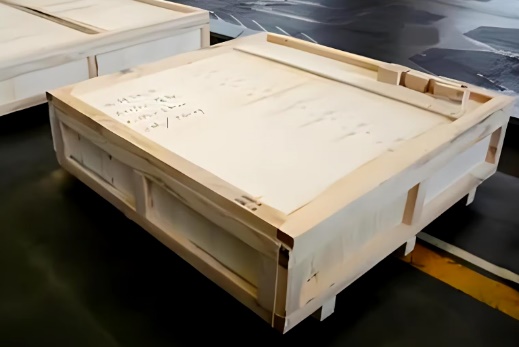
Packaging: Carton, Wooden Box, or Customized.
Kindly review the packaging
details provided for your reference.
Manufacturing Process
1. Preparation Process
(1) Substrate Preparation: Clean the silicon wafer and ensure
the surface is dust-free.
(2) Spin Coating:
Place the wafer on the spin coater
and secure it.
Dispense SU-8 photoresist and set
the spin speed/time for desired thickness.
(3) Soft Bake: Bake the coated wafer on a hotplate to remove
solvents.
(4) Exposure:
Place the wafer on the mask
aligner.
Expose the wafer using the
appropriate mask for the required exposure time and intensity.
(5) Post-Bake: Post-exposure bake to complete cross-linking.
(6) Development: Immerse in developer to dissolve unexposed
photoresist, forming the pattern.
(7) Cleaning: Rinse with isopropanol to remove excess
photoresist.
(8) Inspection: Inspect the wafer under a microscope for
pattern clarity and accuracy.
2. Testing Method
(1) Chemical Composition Analysis - Verified using techniques
such as GDMS or XRF to ensure compliance with purity requirements.
(2) Mechanical Properties Testing - Includes tensile strength,
yield strength, and elongation tests to assess material performance.
(3) Dimensional Inspection - Measures thickness, width, and
length to ensure adherence to specified tolerances.
(4) Surface Quality Inspection - Checks for defects such as
scratches, cracks, or inclusions through visual and ultrasonic examination.
(5) Hardness Testing - Determines material hardness to confirm
uniformity and mechanical reliability.
Please refer to the SAM testing procedures for detailed information.
Su-8 Mold & PDMS Chip FAQs
Q1. What are SU-8 molds and PDMS chips?
SU-8 molds are high-resolution, negative photoresist molds
used in photolithography to create microstructures for applications such as
microfluidics.
PDMS chips are microfluidic chips made from
polydimethylsiloxane (PDMS), a soft and flexible material that is widely used
to create microchannel-based devices for fluid manipulation.
Q2. What are the advantages of using SU-8 molds and PDMS
chips?
SU-8 molds offer high resolution, durability, and precise
control over microchannel geometries, allowing the production of intricate
designs with excellent dimensional accuracy.
PDMS chips provide excellent biocompatibility, transparency,
and ease of fabrication, making them ideal for applications in biomedical
research, diagnostics, and microfluidic devices.
Q3. What are the main applications of SU-8 molds and PDMS
chips?
They are primarily used in microfluidic devices,
lab-on-a-chip systems, biomedical research, point-of-care diagnostics, chemical
sensing, and drug testing.


.jpg)
